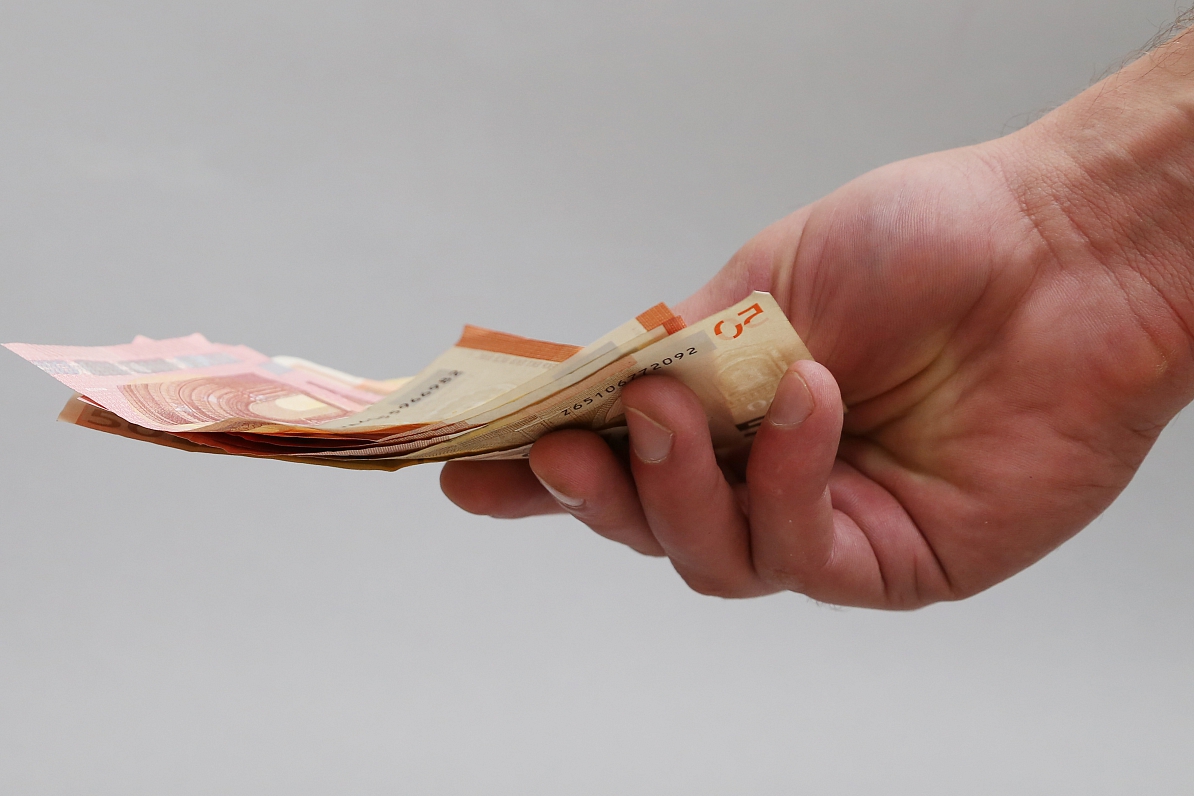Sanda Liepina, the board chairwoman of the Latvian Association of Commercial Banks, said on the LNT commercial television channel that over 17,000 reports about suspicious transactions had been made to the Control Service in 2016.
It is the responsibility of the Control Service to review those reports and to conduct further investigation where necessary. Last year investigation was started in about 20 percent of the suspicious cases reported to the Control Service.
The head of the banking association said that her organization, in cooperation with the Latvian financial watchdog and the Latvian law enforcement agencies, was seeking to prevent inflow of dirty money to the Latvian financial system as much as possible and to improve global perception of AML standards in Latvia.
In two or three years' time, Latvia should be seen as having some of the highest AML standards globally, Liepina said.
In a statement on July 3, the Association of Latvian Commercial Banks (ALCB) said it was working on new guidelines for its members that would "identify jurisdictions that create permanent and substantial money laundering and terrorist financing threats according to the level of risk. It will also set out the minimal standards for ALCB banks with respect to risk evaluation of client jurisdictions."
Currently each bank uses its own individual standards for customer evaluation.
The guidelines would be ready by October, it promised, stressing that it had "a zero tolerance of breaches and the use of Latvia's banking system for illicit activities that do not comply with international standards and regulations."
"The Association supports clear and decisive action by banking sector regulators in remediation process. Association also expects comprehensive investigation by the law enforcement institutions to allow for legal action against entities who are trying to use Latvian financial system for illegal purposes."
However, it should be noted that not all of Latvia's commercial banks are members of the association.































